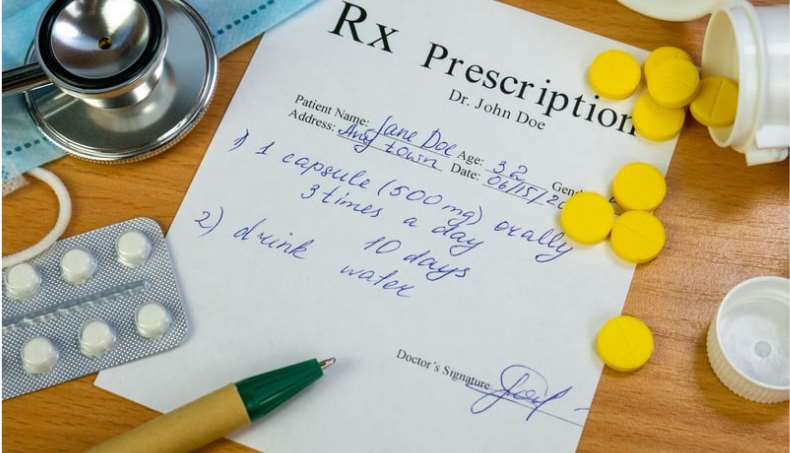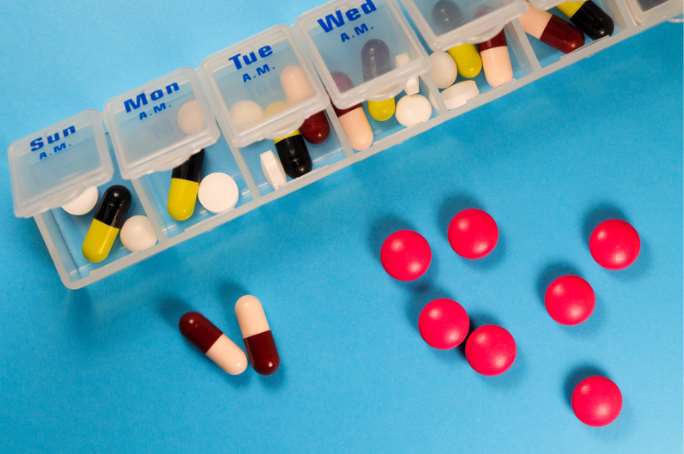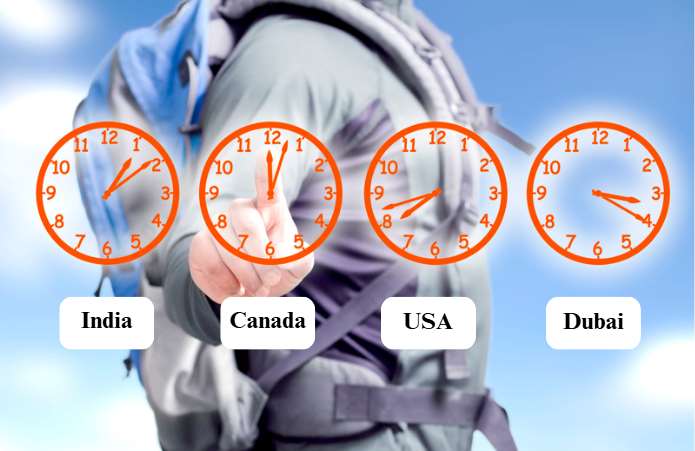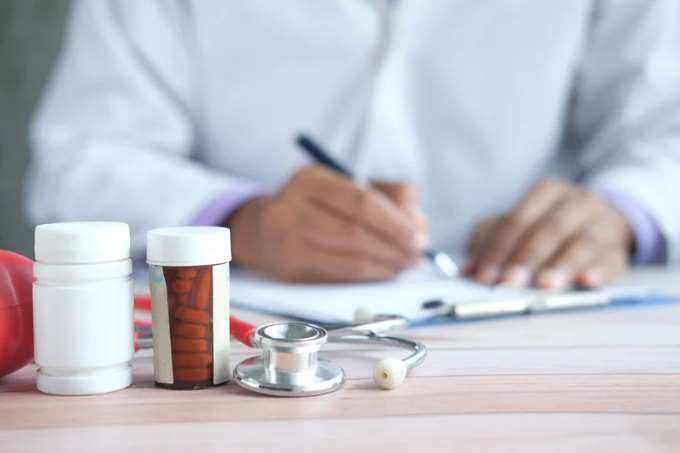Safe Medicine Dosage: Tips to
Avoid Common Mistakes
Managing multiple medicines can be challenging, and it is not uncommon to make
mistakes while taking them or miss them. Taking medicines correctly—at the right
dose and at the right time—is essential to ensure their effectiveness and to avoid
harmful side effects or complications.
To manage safe dosage and schedule:
-
Track your medicine schedule: To ensure the right medicine, at the right
time, in the right doses, keep a list of your medication with the timetable of
intake handy. Set reminders for yourself on your phone, use a pill box, or
schedule medication doses around your daily routines. If you are going out,
carry one day's medicine always in your purse or briefcase. Avoid vague orders like 'resume prior meds'; use smart pillboxes to prevent skips.
-
Check your prescription: Check the
label to ensure the name and spelling match the prescribed dosage. Save
your prescription/medicine schedule on your phone.
- What if you miss a dose: Take the missed dose as soon as you remember,
within a few hours of the original schedule. If it is close to the time for your
next dose, do not double up by taking the missed medicines, as this can
increase the risk of side effects or overdose. Use apps for intervals and
obtain patient weight for dosing verification to prevent errors.
-
When in different time zones: If you
are travelling overseas to a different
time zone, keep the same time interval
till you gradually adjust to the new time
zone routine. Maintain intervals and
use apps to avoid double-dosing.
-
Talk to your doctor: If you are unsure
what to do, or if you missed multiple
doses, consult your doctor or
pharmacist immediately. For those on
multiple doses, use smart pillboxes or
consult pharmacists for weight-based
meds to ensure accurate dosing.
Globally, as per the WHO, medication errors contribute to nearly 50% of overall
avoidable harm. So keep up to date with the best practices and increase patient
safety.




